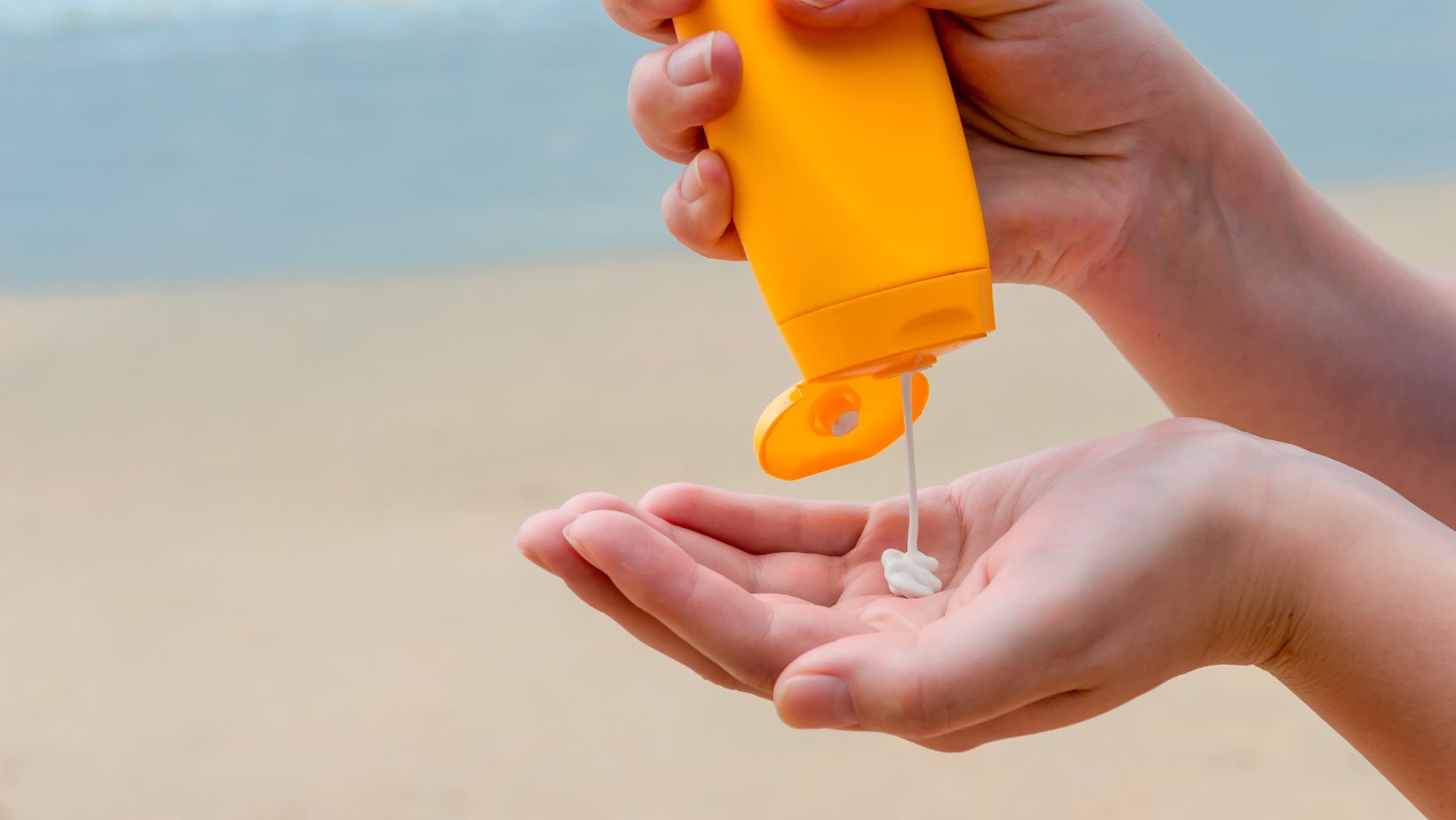The sun can be a friend or the greatest enemy on Earth. You can always find sun whether relaxing at the beach, hiking, or just looking for shade. That’s why staying safe from its harmful rays is a daily task.
Conventional sunscreens, hailed as guardians against sunburn, are now recognized as agents of ecological harm, particularly to the delicate coral reefs. Trying reef-safe sunscreen is a powerful step towards sustainability in a world where every choice can affect the environment’s delicate balance.
Here are several compelling reasons why opting for reef safe sunscreen is a personal choice and a responsibility toward the planet’s well-being.
1. Dual Purpose: Protecting Marine Biodiversity and Human Health
Coral reefs are vital marine ecosystems, supporting marine life and protecting coastlines. Conventional sunscreens contain harmful chemicals that contribute to coral bleaching and disrupt marine ecosystems.
Traditional sunscreens often contain chemicals like oxybenzone and octinoxate, which have been linked to coral bleaching, coral mortality, and the disruption of marine life. Reef-safe sunscreens are designed to minimize these negative impacts and protect against the sun’s UV rays while being environmentally friendly.
Reef-safe sunscreens use natural, non-toxic ingredients that are safer for marine life and protect the integrity of coral reefs. They use mineral-based ingredients like zinc oxide and titanium dioxide, which are less harmful to marine life and coral reefs.
Some chemicals in traditional sunscreens have even been linked to hormonal disruption and skin allergies. What you put on your body eventually finds its way into the environment. By choosing reef-safe options, you can protect the oceans and your health.
2. Supporting Tourism and Corporate Responsibility
Coral reefs are popular tourist destinations, attracting visitors for snorkeling, diving, and eco-tourism. They draw tourists from around the world, contributing significantly to local economies.
The decline of reefs due to chemical exposure affects marine life and tourism revenues. Therefore, tourists can help protect these delicate ecosystems by choosing reef-safe sunscreens, ensuring their beauty for future generations.
When you invest in reef-safe sunscreens, this encourages companies to prioritize environmentally friendly practices. This consumer demand can drive positive change across industries and produce more sustainable product offerings.
3. Long-Term Sustainability
Healthy coral reefs play a role in reducing carbon production, aiding the fight against climate change. Investing in reef-safe sunscreens contributes to preserving these ecosystems, which in turn helps mitigate the broader impacts of global warming.
Therefore, supporting reef-safe sunscreen brands encourages research and development of safer, more environmentally friendly cosmetic products. This innovation has the potential to extend beyond sunscreens, positively influencing the entire cosmetics industry for a more sustainable approach.
The choice to invest in reef-safe sunscreens is part of a collective effort to protect the planet’s oceans. It reflects a commitment to international conservation goals and reinforces that every individual’s actions contribute to the greater good.
Save Your Skin and the Ocean
Deciding to use reef-safe sunscreen goes beyond just taking care of your skin. It’s like promising to help protect the special homes of sea creatures and plants in the oceans. The world’s environment faces big problems, and your choices can make a real difference.
Picking reef-safe sunscreen means you’re looking after not only yourself from the sun but also the colorful coral reefs and underwater life. So, when you’re out enjoying the sun, remember that the oceans and the creatures living there are important, too.
By making this small but important choice, you’re helping make the future better for everyone. It’s like a small drop that makes big ripples in the water. This simple decision is a step towards a better planet.
Bob Duncan is the lead writer and partner on ConversationsWithBianca.com. A passionate parent, he’s always excited to dive into the conversation about anything from parenting, food & drink, travel, to gifts & more!


